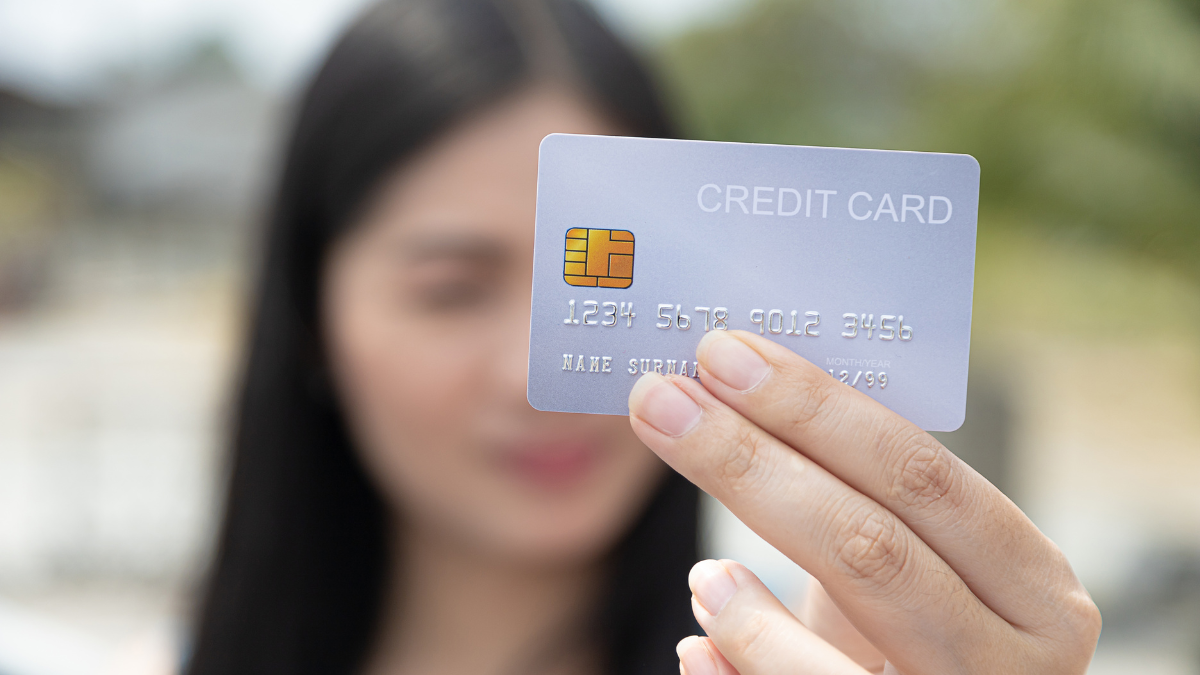You’ll read plenty of articles that amount to “credit bad” when you water them down. But there are plenty of times when “credit good!” Here are five examples of purchases or situations where using a credit card is often the smarter decision.
Building and Improving Your Score
It’s not easy to build your score from nothing. However, using your card for small purchases every month and then paying them off is something creditors love to see. This can quickly get out of hand if you aren’t careful or don’t have strong money management skills, so make sure to make payments on time and keep balances low.
A great example would be putting one or two subscriptions on a credit card. Set up autopayment for the full amount so you never miss a payment; late payments have the opposite effect and can damage your score for years.
Accessing Exclusive Discounts
Some cards are like keys to discounts or special deals. Maybe it’s 10% off a store you always shop at or a point system for using your card for groceries — both are valid reasons to use plastic.
The most important part is that you avoid getting lured in by discounts for things you wouldn’t buy in the first place. That thing isn’t a “deal” just because it’s on sale; it needs to add actual value to your life and should be something that you would have otherwise bought with cash.
Taking Advantage of Introductory Offers
0% APR for a year is a common introductory offer many cards offer. This can be an incredible asset for big-ticket purchases or consolidating debt without worrying about interest piling up.
Like with any other use of a credit card, be careful: you have to make sure you can afford to pay the purchase off before the promo ends.
Simplifying Expense Tracking
If you feel like you have too many holes in your budget, using your credit card to plug them is a viable solution if you know what you’re doing. Isolating a certain type of purchase, like buying groceries, to a single credit card will give you an accurate representation of your spending without having to sift through your statement.
Some cards might even break down your spending by category. This makes it easier for you to focus on more than one expense or to get more specific about a genre of spending, like subscriptions.
Booking Travel or Rentals
Booking hotels or car rentals often requires a deposit. And while they might accept cash in these instances, it’s often much more prudent to use a credit card. This avoids an enormous hold on your bank account — one that could prevent you from spending on other things while you prepare for a trip.
Many credit cards also offer protections when things go sideways. Even more still offer perks specific to traveling, whether it be points for air travel or discounts on accommodations. But even if they don’t, securing travel expenses with a credit card is generally a simpler path forward.

